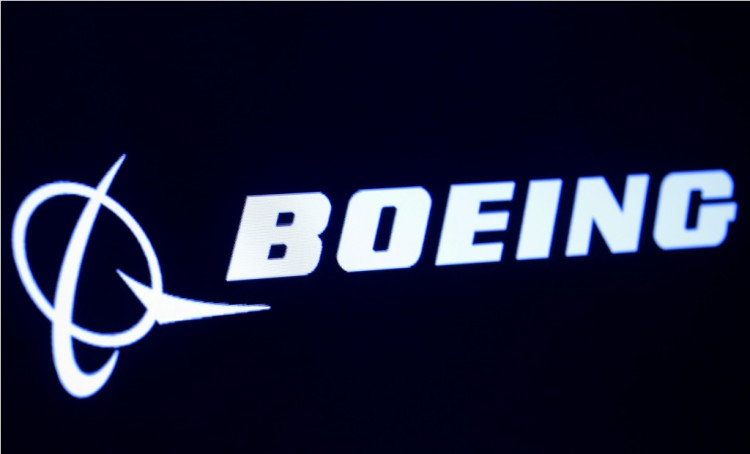Boeing's troubled 737 Max has yet to get back on the air but some experts are questioning how why the company's proposed training material does not include hands-on simulator training.
As first reported by CNN, the company already received extreme criticism from pilots and aviation experts shortly after the Lion Air and Ethiopian Airlines crash in October and March. However, it appears that the proposed 737 Max training materials still fall short of the aviation industry's expectations.
Previously, Boeing's training manual was short and featured self-teaching materials that did not include simulator training. While the Federal Aviation Administration (FAA) has yet to confirm if the final training requirements have been decided on, the proposal for recertification excludes mandatory simulator time.
A spokesperson for the Allied Pilots Association, Dennis Tajer, said some pilots under the organization noted that the proposed Boeing 737 Max training materials are "inadequate." He added that the group believes the jet maker should improve the materials' content.
For Tajer and the group, what's important is that pilots should receive adequate training so they will have the skills and knowledge needed for managing crises similar to the two crashes that took 346 lives.
"If you are going to hang your hat on computer-based training, it better be the best of the best if you don't have simulators going with it," Tajer pointed out.
Despite the increased scrutiny over Boeing's proposed training materials, Southwest Airlines Pilots Association thinks simulator training should not be mandated. A spokesperson for the group, Mike Trevino, said this aspect should not be mandatory before the 737 Max is reinstated for flying.
President of FlyersRights, Paul Hudson, believes otherwise. He said pilots flying the Boeing 737 Max should receive additional simulator training before the jets are released in the air again.
A spokesperson for the FAA clarified that Acting Administrator Dan Elwell reiterated that the agency has yet to come to a conclusion regarding the final training materials for the Boeing 737 Max.
Meanwhile, company CEO Dennis Muilenburg finally admitted that Boeing failed in implementing the 737 Max jets' software accordingly. In an interview with CBS Evening News, Muilenburg apologized for the deadly crashes.
When asked about the company's transparency about mistakes of the past, Muilenburg said Boeing "clearly fell short," admitting that the 737 Max jets' flight control system had problems. The system has been blamed for the two crashes but the firm previously didn't respond to queries on this issue.
On Monday, a Financial Times op-ed suggested that the jets' return to flying may depend on pilot training that the FAA will approve after reviewing the proposed materials.





